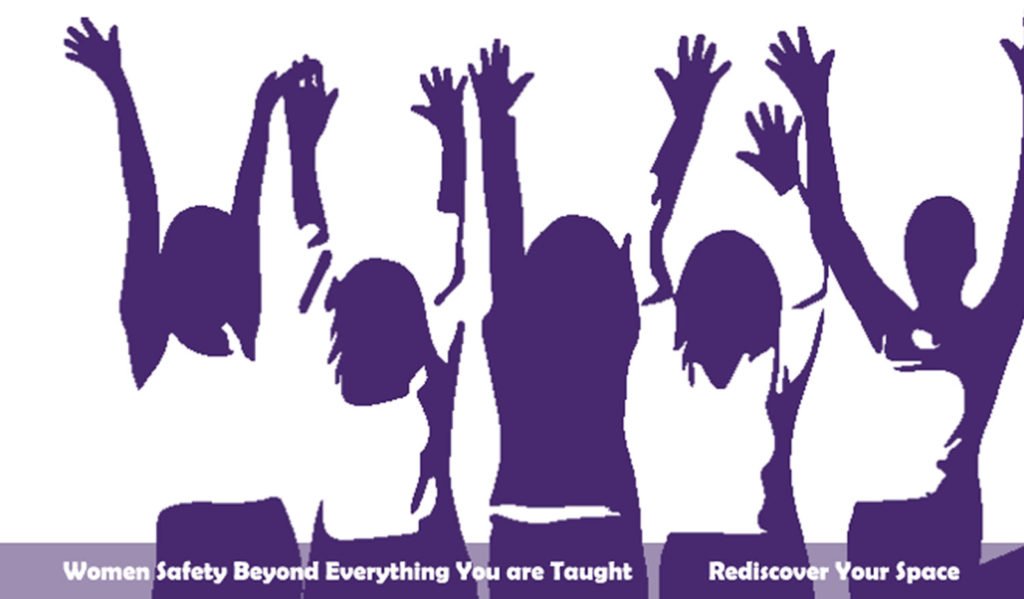With developments in technology and
We all like it when we are able to make other’s happy. It feels even better when someone we love and respect, approves of what we do. There is no denying that we all crave this validation. However, when we begin to let another’s validation direct the course of our lives, we begin to live for them and not for ourselves. This article will help you to identify some of your habits and help you get out of the loop of pleasing people.
How To Stop Pleasing People:
1. Acknowledge that you are a people pleaser: The very first step we can take towards any change is acceptance. When we are able to acknowledge that our behaviours might be people-pleasing ones, only then can we make any steps to change it. If you often find yourself unhappy or uncomfortable after a decision but would rather live with the discomfort rather than say anything to upset another person, you may be doing it just to please someone else. Recognizing and acknowledging that your behaviour may be people-pleasing is the first step towards changing the behaviour.
2. Don’t self-represent yourself with this word: Many people wrongly think that acknowledges something means accepting it as part of who you are, but this is not true. Who we are and what we do can be two very separate things. It is important not to identify with the word but rather to recognize the behaviours pattern. When we are able to separate our behaviours from our identities, we can begin to work and change those behaviours.

3. Be clear who you are: When trying to stop pleasing people it is important for you to spend some time with yourself. Developing a relationship with yourself will help you understand the things that give you joy and make you feel good. When you know for certain what decisions make you happy and content, it becomes easier to express it. Building a clearer picture of who you are and what you want will definitely make it easier to stop people-pleasing behaviour.
4. Change your belief to support your new choice: One you have identified your behaviour and are ready to change them, you must also change the underlying beliefs to support your new choice. For example, if you have always believed that your bosses comfort is more important than your own, it is time to revaluate your thoughts and opinions about yourself. Spend some time sitting with your core beliefs about yourself and you will see that moving towards self-acceptance and self-compassion will help you to make better choices for your own self.
5. Learn to give yourself validation and appreciation: Be sure to practise self-compassion on an everyday basis. Often we hold other people’s validation and approvals so highly because we are not receiving that from ourselves. When we begin to value and appreciate ourselves and our thoughts and ideas, we will find that we seek the validation and approvals of others less and less.
It is not easy to change our behaviours but it is also not impossible! If you find that you are unhappy with your choices and decisions because you are making them for others it may be time to pay attention to your own needs. Being attentive to yourself does not make you selfish. Putting yourself and your needs first, does not mean that you do not care about others. The clearer you are about your needs, the more clearly you will be able to recognise the needs of others. It is in this way that we can build compassion for each other.
To read more inspiring articles such as, how to overcome your limiting beliefs or how to let go of your past, please go to Kalden’s












Leave a Reply